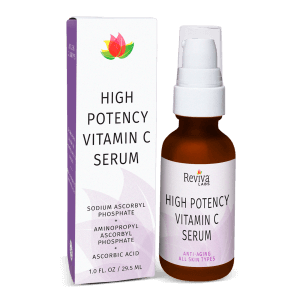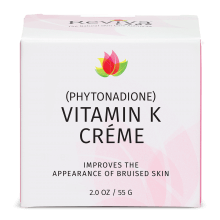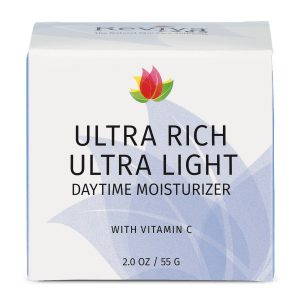Reviva Labs, Skin Care
The Immune System and Skin Health: A Complex Relationship
The skin is the body’s largest organ and serves as a first line of defense against pathogens, environmental pollutants, and harmful ultraviolet rays. One of the most critical components that influences skin health is our immune system. It plays a vital role in how your skin looks and feels daily. When functioning optimally, the immune system helps the skin heal from wounds, fend off infections, and stay resilient against various external stressors.
The immune system is made up of a complex network of cells, tissues and organs that work together to protect our bodies from harmful pathogens and to help maintain our body’s overall health. This network is so elaborate that the skin has immune cells embedded within it, ready to respond to any threats we may encounter throughout the day. Langerhans cells, a type of dendritic cell, are found in the epidermis and are essential for recognizing pathogens and initiating an immune response. These cells are efficient in alerting the immune system to the presence of harmful pathogens like bacteria and viruses. They are the first to help our skin fight off these foreign substances by orchestrating an immune response. When this process works efficiently, the skin can neutralize the pathogens and repair itself. For instance, minor cuts and scrapes often heal quickly. The Langerhans cells help the skin remain healthy in fighting off bacterial or fungal infections.
Immune-Based Skin Conditions
However, when the immune system is overloaded or dysfunctional, skin’s health can be compromised. Conditions such as psoriasis, eczema, and rosacea are examples of what can happen when the immune response is either too aggressive or misdirected. Psoriasis is characterized by an overactive immune response that accelerates the growth cycle of skin cells, leading to thick, scaly patches. Eczema involves an impaired skin barrier and an over reactive immune response to environmental triggers, resulting in chronic inflammation and itching. Rosacea is yet another condition where the immune systems over activity causes redness and visible blood vessels, often accompanied by acne-like bumps.
Stress and environmental factors can further compromise immune function, leading to skin issues. For instance, prolonged stress can suppress immune function, making the skin more susceptible to infections and slower to heal from injuries. Additionally, environmental pollutants can induce oxidative stress, which hampers the skin’s ability to repair and defend itself. This interplay between the immune system and external factors underscores the importance of maintaining both internal and external environments to support skin health.
Supporting skin health when the immune system is out of balance requires a multi-faceted approach. Nutrition plays a significant role in bolstering your immune function and skin health. Vitamin C, for example, is a powerful antioxidant that helps protect the skin from oxidative stress and supports the immune system. Studies have shown that vitamin C can reduce the duration and severity of colds, indirectly supporting skin health by maintaining overall immune function.
Stay Hydrated
Another crucial factor is maintaining immune and skin health is getting enough hydration. Dehydration can impair the skin barrier, making it more susceptible to irritants and infections. Drinking enough water and using hydrating skincare products can help maintain the skin’s protective barrier. Look for products that are formulated with hyaluronic acid or lactic acid to help keep your skin’s barrier strong and hydrated. Additionally, adequate sleep is essential for immune function. Lack of sleep can lead to increased inflammation and a weakened immune response, both of which can manifest in skin problems such as dark circles, puffiness, and dullness.
Managing stress is also pivotal for maintaining healthy skin when the immune system is compromised. Techniques such as mindfulness, meditation, and regular physical activity can help reduce stress levels and support immune function. Regular exercise has been shown to enhance immune response and reduce inflammation, which can benefit skin health.
Skincare routines should be tailored to support the skin’s natural defenses. Gentle cleansing, avoiding harsh chemicals, and using products with anti-inflammatory ingredients like niacinamide, ceramides and aloe vera can help maintain a healthy skin barrier. Sunscreen is another critical component of skincare, protecting against UV radiation that can damage the skin and impair immune function.
Clearly, the relationship between the immune system and skin health is intricate and essential. A well-functioning immune system helps maintain the skin’s integrity, heal wounds, and protect against infections. And, when the immune system is overloaded or compromised, skin health can suffer. Supporting skin health involves a holistic approach that includes proper nutrition, hydration, stress management, and tailored skincare routines. By understanding and nurturing this complex relationship, we can enhance both our immune health and the vitality of our skin.










